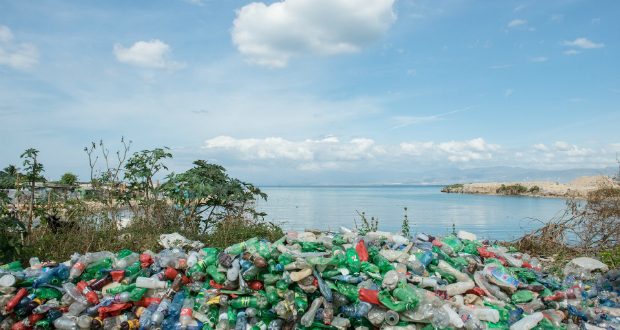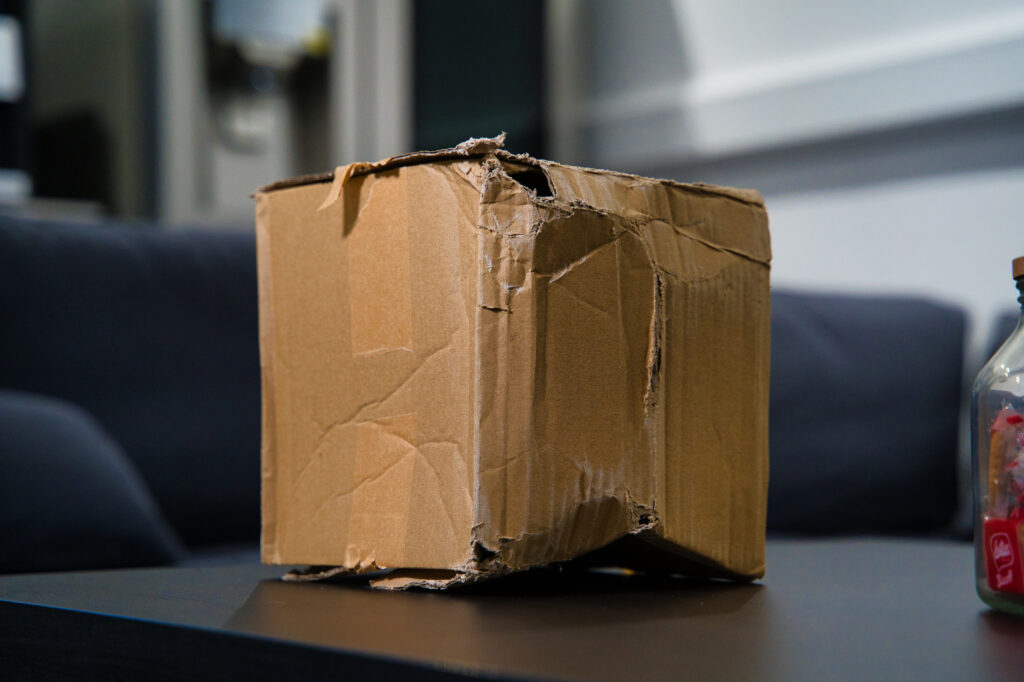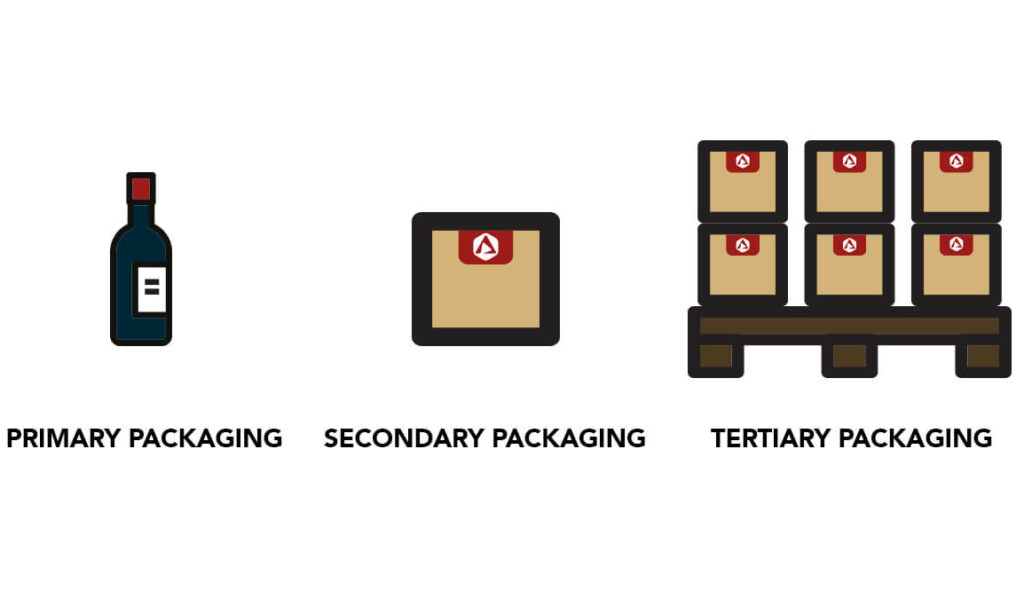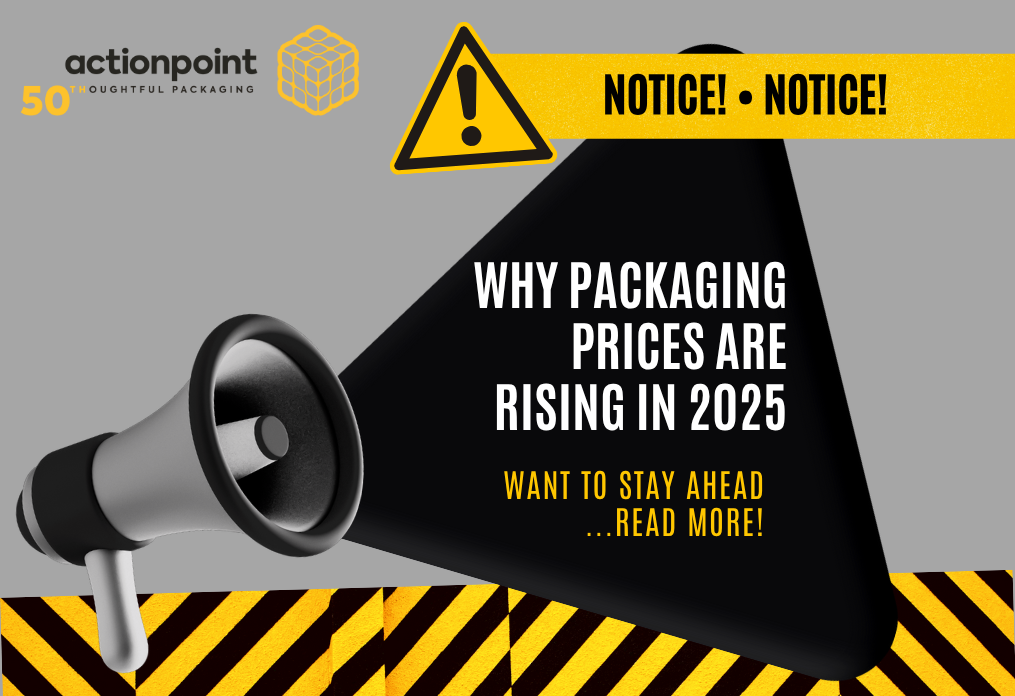
The Government has announced the end to the sale of plastic straws, drink stirrers and plastic-stemmed cotton buds at the start of the Commonwealth Heads of Government Summit. Prime Minister Theresa May is set to call on Commonwealth countries to join in the fight against plastic pollution.
A recent study showing 8.5 billion plastic straws are thrown away each year in the UK. Subject to a consultation, the government said the proposed ban is part of the 25 Year Environment Plan to eliminate avoidable plastic waste.
The Prime Minister has urged all Commonwealth countries to sign-up to the newly-formed Commonwealth Clean Oceans Alliance which works towards cutting down on single use plastic bags, and other steps to eliminate avoidable plastic waste.
The government announced earlier this week it has committed a £61.4m package of funding to boost global research and help countries across the Commonwealth stop plastic waste from entering the oceans in the first place.
“Plastic waste is one of the greatest environmental challenges facing the world, which is why protecting the marine environment is central to our agenda at the Commonwealth Heads of Government Meeting,” said Prime Minister Theresa May.
“Alongside our domestic action, this week we are rallying Commonwealth countries to join us in the fight against marine plastics, with £61.4m funding for global research and to improve waste management in developing countries.”
Environment Secretary Michael Gove added: “Single-use plastics are a scourge on our seas and lethal to our precious environment and wildlife so it is vital we act now. We have already banned harmful microbeads and cut plastic bag use, and now we want to take action on straws, stirrers and cotton buds to help protect our marine life.
“We’ve already seen a number of retailers, bars and restaurants stepping up to the plate and cutting plastic use, however it’s only through government, businesses and the public working together that we will protect our environment for the next generation – we all have a role to play in turning the tide on plastic.”
David Palmer-Jones, chief executive of Suez Recycling and Recovery UK said he welcomed the strong leadership by the government.
He added that Michael Gove’s acknowledgment that targeting Britain’s prevailing culture of on-the-go consumption, particularly of plastic bottles, is key to both reducing waste and tackling litter problems.
“A deposit scheme for plastic bottles and aluminium cans, together with progressive policies to extend producers’ responsibility for their products and packaging beyond consumption, could well make Britain an international leader in resource–efficiency and environmental protection. We look forward to seeing these front and centre within the Government’s emerging resources and waste strategy.”
Sian Sutherland, A Plastic Planet co-founder, added: “The Prime Minister’s plastic-free vision should be applauded. Plastic cotton buds, straws and drink stirrers are a scourge on our environment and our health. But this is just the tip of the iceberg.
“In January the Prime Minister vowed to work with Britain’s supermarkets on the introduction of Plastic Free Aisles in their stores. I urge Theresa May to fulfill this pledge urgently, and work with us and the UK’s biggest retailers to make Plastic Free Aisles a reality as soon as possible.”
Source: Packaging News




